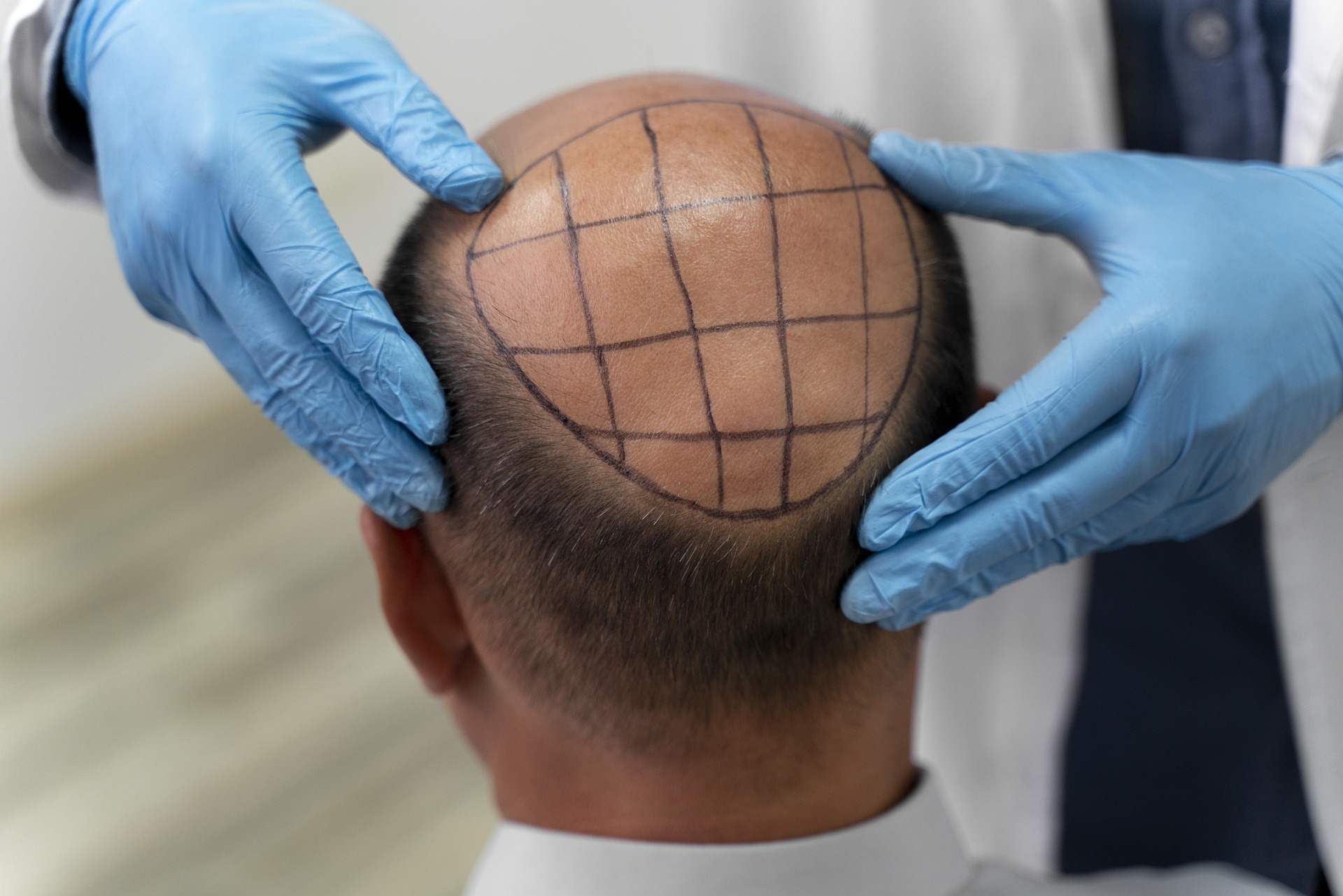Exploring Laser Vision Correction and the Questions to Ask
Laser vision correction can reduce dependence on glasses or contact lenses, but choosing the right option requires a clear understanding of available procedures, potential risks, expected outcomes, and the key questions to ask providers before moving forward.

What Is Laser Vision Correction and How Does It Work?
Laser vision correction encompasses several surgical techniques, with LASIK being the most widely recognized procedure. During LASIK surgery, an ophthalmologist creates a thin flap in the cornea’s outer layer, then uses an excimer laser to reshape the underlying corneal tissue. This reshaping corrects how light enters the eye, improving vision clarity.
Other laser vision correction methods include PRK (Photorefractive Keratectomy) and LASEK (Laser Epithelial Keratomileusis). PRK removes the cornea’s outer layer entirely before laser treatment, while LASEK preserves a thinner layer of epithelial cells. Each technique offers specific advantages depending on individual eye characteristics and lifestyle factors.
The entire procedure typically takes 15-30 minutes for both eyes, with most patients experiencing improved vision within 24-48 hours. Recovery time varies, but many people return to normal activities within a few days to a week.
Your Complete LASIK Eye Surgery Guide: Preparation and Process
A comprehensive LASIK eye surgery guide begins with understanding candidacy requirements. Ideal candidates are typically over 18 years old with stable vision prescriptions for at least one year. Healthy corneas, adequate corneal thickness, and realistic expectations are essential factors surgeons evaluate during consultation.
Pre-surgery preparation involves discontinuing contact lens wear for specified periods - typically one to four weeks depending on lens type. This allows the cornea to return to its natural shape for accurate measurements. Patients undergo thorough eye examinations including corneal mapping, pupil size measurement, and tear film evaluation.
On surgery day, numbing eye drops eliminate discomfort during the procedure. Patients remain awake and alert while the surgeon uses advanced laser technology to precisely reshape corneal tissue. Post-operative care includes prescribed eye drops, protective eyewear, and follow-up appointments to monitor healing progress.
Understanding Laser Eye Surgery Risks and Complications
Laser eye surgery risks, while relatively uncommon, require serious consideration before proceeding. Dry eyes represent the most frequent side effect, affecting up to 95% of patients temporarily and becoming chronic in approximately 1-5% of cases. Most dry eye symptoms resolve within six months as nerves regenerate.
Visual disturbances including glare, halos, and starbursts around lights may occur, particularly during nighttime driving. These symptoms typically diminish as healing progresses, though some patients experience persistent issues requiring additional treatment or corrective lenses.
Infection risks remain extremely low, occurring in less than 0.1% of procedures when proper post-operative care is followed. More serious complications like corneal ectasia, where the cornea becomes unstable and bulges outward, affect fewer than 0.2% of patients but may require corneal transplantation in severe cases.
Undercorrection or overcorrection may necessitate enhancement procedures, performed in approximately 1-5% of cases depending on initial prescription strength and healing response.
Essential Vision Correction Questions for Your Consultation
Vision correction questions help patients make informed decisions and set realistic expectations. Ask your surgeon about their experience level, including how many procedures they’ve performed and their complication rates. Inquire about the specific laser technology used and whether it’s FDA-approved for your prescription range.
Understanding the clinic’s enhancement policy is crucial, as some patients require additional procedures to achieve optimal results. Ask whether enhancements are included in the initial fee or incur additional costs, and what timeframe applies for guaranteed touch-ups.
Discuss alternative procedures if LASIK isn’t suitable for your eyes. Some patients benefit more from PRK, implantable contact lenses, or refractive lens exchange depending on corneal thickness, prescription strength, or age-related factors.
Question the surgeon about realistic expectations for your specific case, including potential for achieving 20/20 vision versus 20/40 vision. Not everyone achieves perfect vision, and understanding probable outcomes prevents disappointment.
Choosing Qualified Eye Surgery Providers
Selecting experienced eye surgery providers significantly impacts surgical outcomes and patient satisfaction. Board-certified ophthalmologists specializing in refractive surgery possess the training and expertise necessary for optimal results. Verify certifications through state medical boards and professional organizations.
Research potential surgeons’ backgrounds, including their education, fellowship training in refractive surgery, and years of experience. High-volume surgeons often demonstrate better outcomes due to extensive practice with various eye conditions and complications.
Modern surgical centers invest in advanced diagnostic equipment and laser technology. FDA-approved wavefront-guided systems and femtosecond lasers for flap creation represent current gold standards. Facilities should maintain strict sterilization protocols and emergency preparedness procedures.
| Provider Type | Average Cost Range | Key Features |
|---|---|---|
| National Chains | $1,500-$3,000 per eye | Standardized procedures, financing options |
| Independent Specialists | $2,000-$4,000 per eye | Personalized care, advanced technology |
| Academic Medical Centers | $2,500-$5,000 per eye | Research-based approach, resident training |
Prices, rates, or cost estimates mentioned in this article are based on the latest available information but may change over time. Independent research is advised before making financial decisions.
Making Your Final Decision
Laser vision correction offers remarkable benefits for appropriate candidates, but success depends on thorough evaluation, realistic expectations, and choosing qualified providers. Schedule consultations with multiple surgeons to compare recommendations and treatment approaches. Take time to research thoroughly, ask comprehensive questions, and ensure you’re comfortable with your chosen surgeon and facility before proceeding with this investment in your vision and quality of life.
This article is for informational purposes only and should not be considered medical advice. Please consult a qualified healthcare professional for personalized guidance and treatment.




